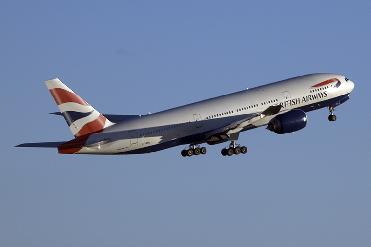
LONDON (BNS): New safety measures will be implemented by the airlines flying long-haul Boeing 777 after investigators in UK, probing a crash landing of the aircraft at Heathrow Airport earlier this year, found formation of ice in its fuel system leading to the accident.
The air investigation board in its report released on Friday, in London, said that the problem was of icing in the aircraft's fuel system. It was probing the accident involving a British Airways flight from Shanghai to London on January 17, which landed 1000 meters short of the runway.
Investigators have issued instructions to European and US authorities to take immediate corrective measures on Boeing 777s powered by Rolls-Royce Trent 800 as an interim step to prevent similar accidents.
One of these interim steps could mean that the aircraft would fly at lower altitudes to prevent building up of ice in the fuel system.
The British Airways flight BA 038, a Boeing 777-200 ER (extended range), was unable to reach runway threshold after it lost power all of a sudden much before the touch down zone. All the 136 passengers on board escaped unhurt except that one passenger suffered a fracture in the leg, while eight of them received minor injures.
The investigators have now concluded that ice prevented fuel supply reaching the engines resulting in loss of thrust. The crew has been given a clean chit and there is no question mark on the quality of fuel on board too.
“The investigation has shown that the fuel flow to both engines was restricted most probably due to ice within the fuel feed system. This ice is likely to have formed from water that occurred naturally in the fuel whilst the aircraft operated for a long period, with low fuel flows, in an unusually cold environment," the report stated.
“Although the exact mechanism in which the ice has caused the restriction is still unknown in detail, it has been proven that ice could cause a restriction in the fuel-feed system. The risk of recurrence needs to be addressed in the short term whilst the investigation continues,” the report said.
The fuel in the aircraft did not freeze even when temperature came down to -34 degree Celsius for more than 90 minutes. All aviation fuel contains water, noted the investigators, which cannot be completely removed. As a result, if the fuel temperature drops below the freezing point of the water, it will form ice.
The UK report has already led air safety agencies world over to take corrective steps. The US Federal Aviation Administration is issuing an airworthiness directive to all US airlines operating Boeing 777 by instructing pilots to take certain steps when flying in extremely cold conditions. The Air New Zealand was quick to announce that it is making changes in the operation of 777s.
The agency has recommended that the Federal Aviation Administration and the European Aviation Safety Agency review the current certification requirements to ensure that aircraft and engine fuel systems are tolerant to the potential build up and sudden release of ice in the fuel feed system.
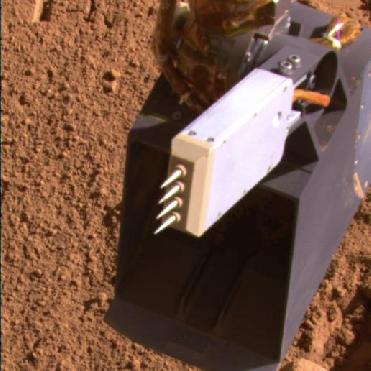 Previous Article
Previous Article
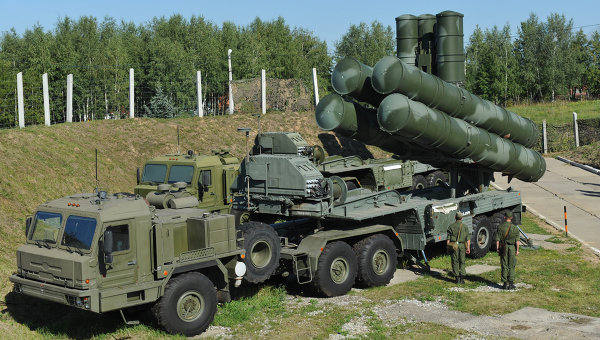




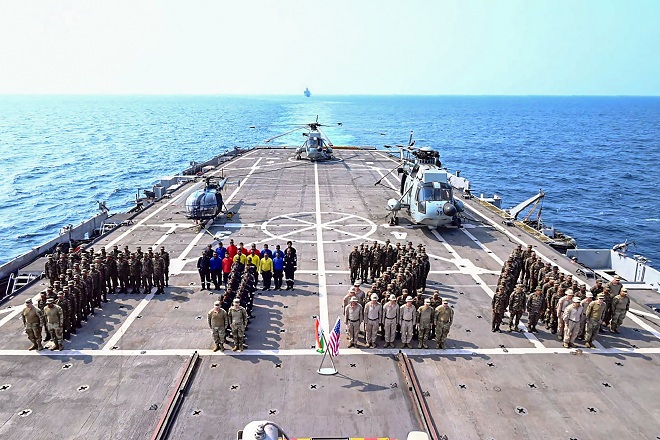
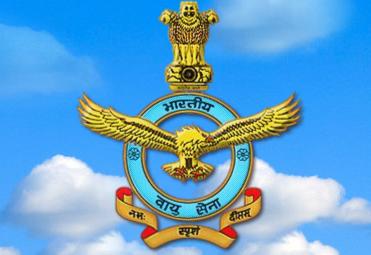







The Indian Air Force, in its flight trials evaluation report submitted before the Defence Ministry l..
view articleAn insight into the Medium Multi-Role Combat Aircraft competition...
view articleSky enthusiasts can now spot the International Space Station (ISS) commanded by Indian-American astr..
view article